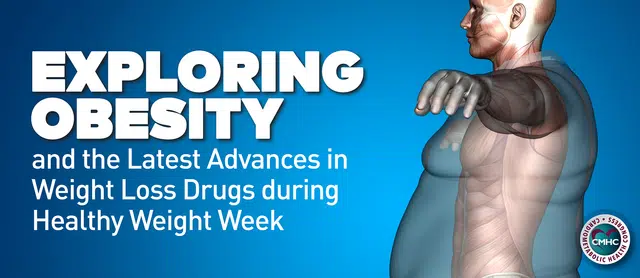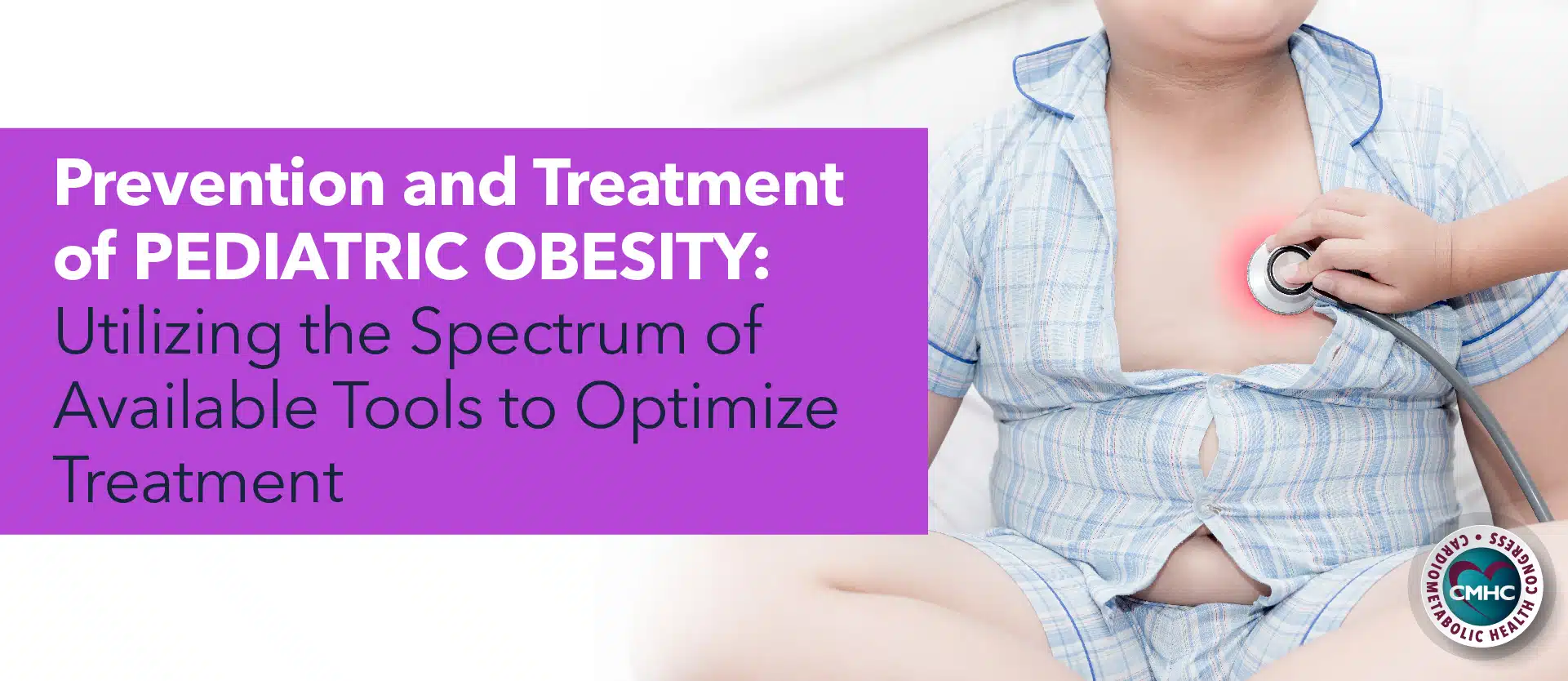Childhood obesity in America is on the rise, and at rates higher than previous studies suggested, according to a study published Monday in the journal Pediatrics. The findings emerged after researchers analyzed federal data from the latest National Health and Nutrition Examination Survey, the “gold standard” in childhood and fitness research which every two years collects data about adult and children obesity across the country.
In 1999, according to the survey, about 29 percent—more than a quarter—of children ages 2 to 19 were overweight. By 2016, that figure rose to 35 percent, according to the latest analysis, and about one in five children are obese.
Asheley Cockrell Skinner, an associate professor at Duke University and lead study author who has worked with these data for more than a decade, said she has seen in her research that “once a kid has developed obesity, it’s a lot harder to change it. It’s much easier to prevent obesity than it is to reverse it.”
What distressed Skinner most in her research, she said, was the fact that she couldn’t “even find a subgroup of age or gender or race where there seemed to be real improvement.” The largest increases in obesity were seen among children ages 2 to 5. And the risk was highest among teens age 16 to 19 and the Hispanic population. In these groups, four out of 10 children were at risk of being overweight, the most recent survey results showed.
In an editorial that appeared in Pediatrics with the study, David Ludwig, who studies nutrition and obesity at Children’s Hospital in Boston, said cautioned against “over-interpreting short-term trends for complex chronic diseases,” but wrote that public health solutions to obesity “have largely failed so far.”
One positive step from lawmakers in Washington, Ludwig wrote, would be forming “an interagency commission on obesity to align food policy with public health and current science.” He also recommended re-evaluating school lunch standards and the Supplemental Nutrition Assistance Program (SNAP) to put more emphasis on ‘nutritional quality, not just quantity.”
“The battle against childhood obesity faces many obstacles, most notably entrenched special interests and a ‘business as usual’ mindset,” Ludwig wrote. “But with political will and collaboration across key sectors of society, we can hopefully, soon, begin to end this worsening epidemic.”


















